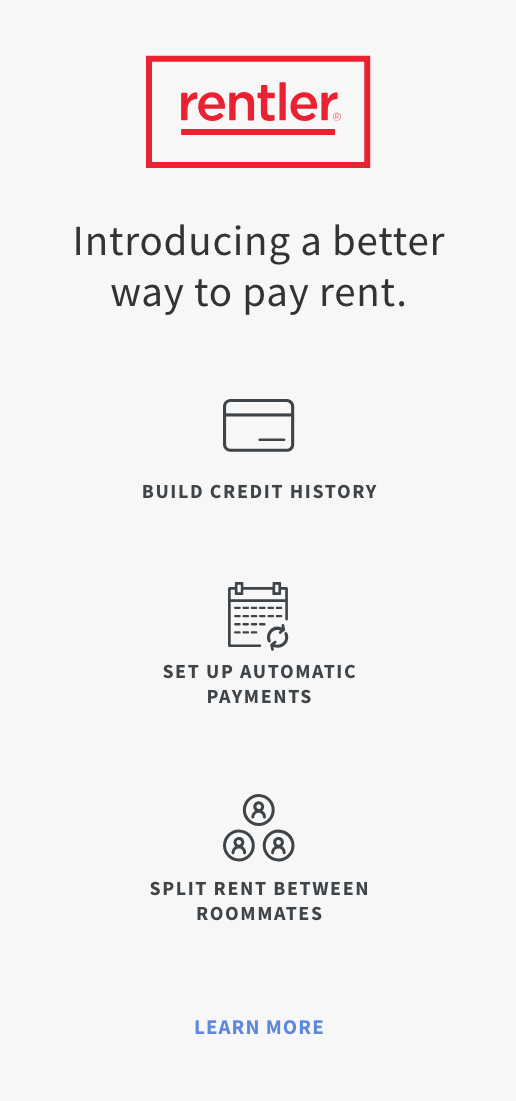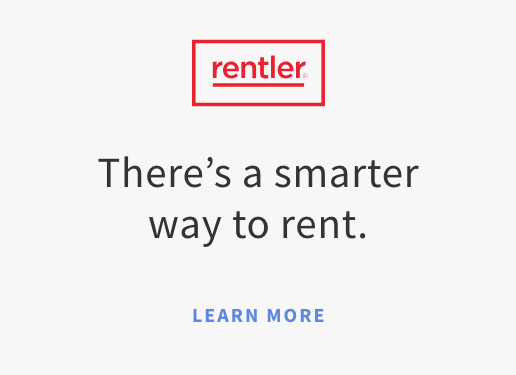If you’re considering renting an apartment, it’s important to weigh the potential benefits and drawbacks before making a decision. Whether you’re a student, a young professional, a retiree, or a family, there are pros and cons to consider when it comes to apartment living. So if you’re thinking about making the move to an apartment, read on to learn more about what you can expect.
Let’s take a look at some of the main advantages and disadvantages of apartment living, so you can make an informed decision about whether it’s the right choice for you.
Pros:
- Affordability: Renting an apartment can be more affordable than owning a home, particularly in areas with high housing costs.
- Maintenance: Landlords are responsible for maintaining the property, which can be a significant advantage for busy or inexperienced homeowners.
- Amenities: Many apartments offer amenities such as swimming pools, fitness centers, and shared outdoor spaces, which can be convenient and cost-effective for renters.
- Location: Apartments are often located in urban areas, making them convenient for those who want to be close to work, shopping, and entertainment.
- Flexibility: Renting an apartment allows for more flexibility in terms of moving or changing living arrangements, as it is generally easier to break a lease or move to a new apartment than it is to sell a house.
- Safety: Many apartments offer security features such as gated entrances, security guards, or intercom systems, which can provide a sense of security for residents.
- Proximity to amenities: Apartments are often located near public transportation, shopping, dining, and other amenities, making it easier for residents to access these services.
- Community: Many apartments offer opportunities for residents to socialize and build a sense of community, such as through shared outdoor spaces or organized events.
- Energy efficiency: Some newer apartment buildings are designed with energy-efficient features, which can save residents money on utility bills.
- Pet-friendly: Some apartments allow pets, which can be convenient for those who want to live with a furry companion.
Cons:
- Lack of space: Apartments are typically smaller than houses, which can be a disadvantage for those who need more space or want to have a yard.
- Limited privacy: Living in an apartment means sharing walls and common spaces with neighbors, which can be less private than living in a single-family home.
- Noise: Living in close proximity to neighbors can also mean dealing with more noise, which can be a nuisance for some people.
- Lack of control: As a renter, you may not have as much control over the appearance or layout of your living space as you would if you owned a home.
- Lease agreements: Renting an apartment may require signing a lease agreement, which can be binding for a set period of time and may include certain terms and conditions that must be followed.
- Limited storage: Apartments generally have less storage space than houses, which can be a challenge for those with a lot of belongings.
- Limited parking: Some apartments have limited parking options or charge extra for parking, which can be inconvenient for those who own a car.
- Landlord issues: Depending on the landlord, renters may have to deal with issues such as maintenance requests or rent increases, which can be frustrating.
- Rules and restrictions: Some apartments have rules and restrictions on things like noise levels, pets, or guests, which can be inconvenient for residents.
- Limited outdoor space: Apartments generally have less outdoor space than houses, which can be a disadvantage for those who enjoy gardening or outdoor activities.
Ultimately, the decision to live in an apartment will depend on your budget, lifestyle, and personal needs. If you’re considering making the move to an apartment, be sure to weigh the pros and cons carefully before making a decision.




